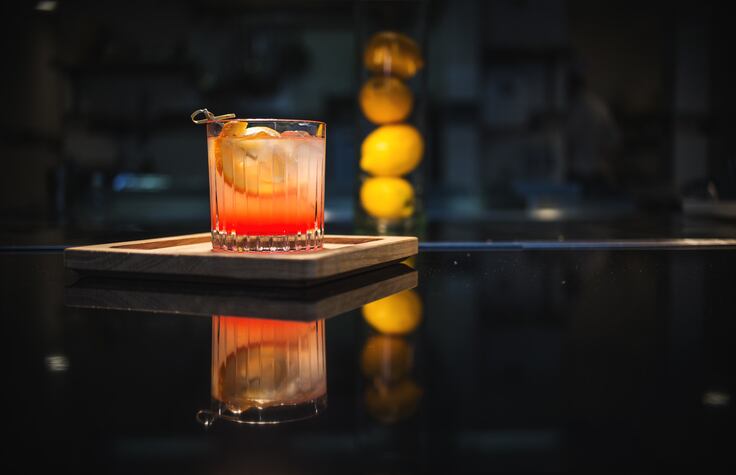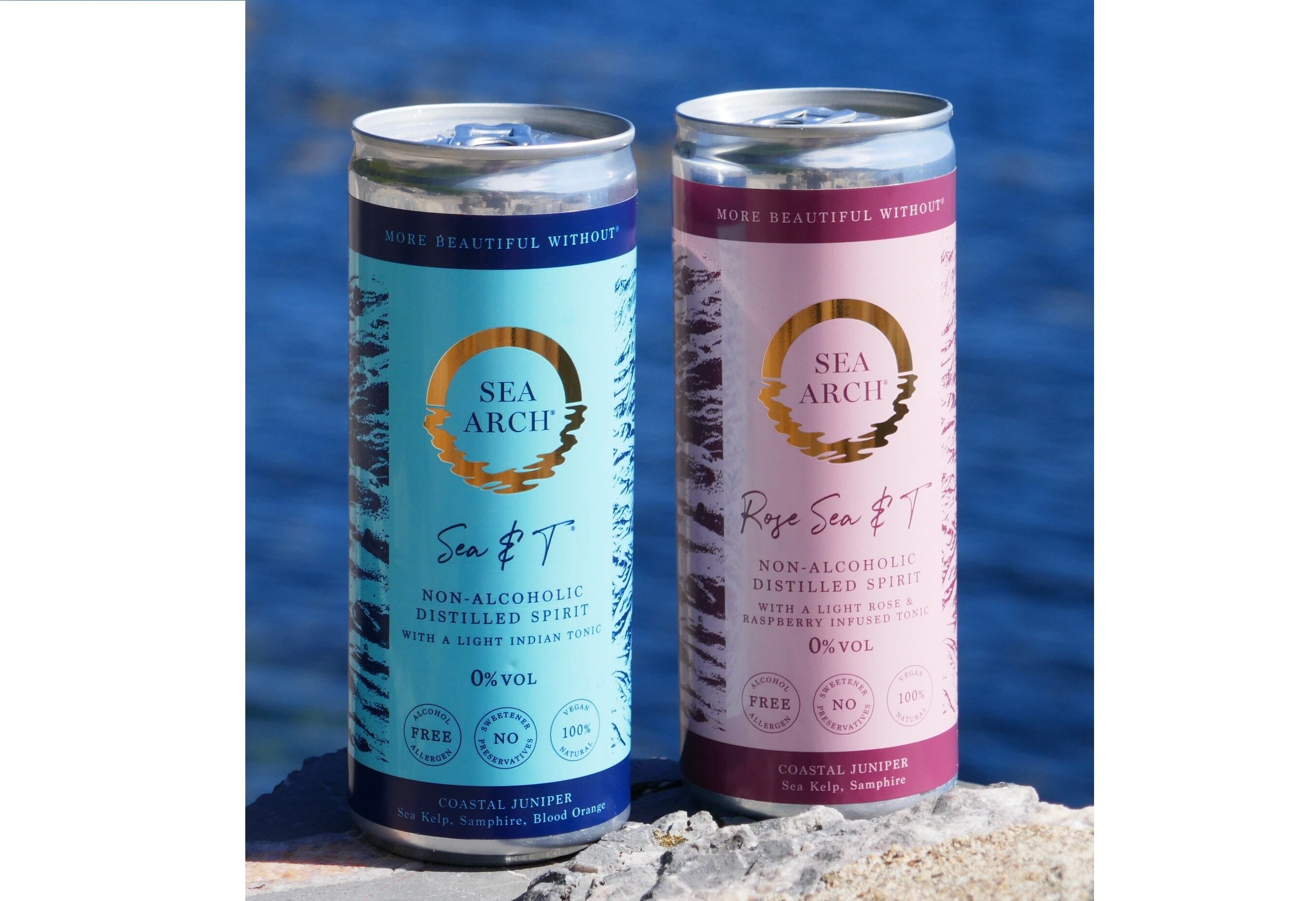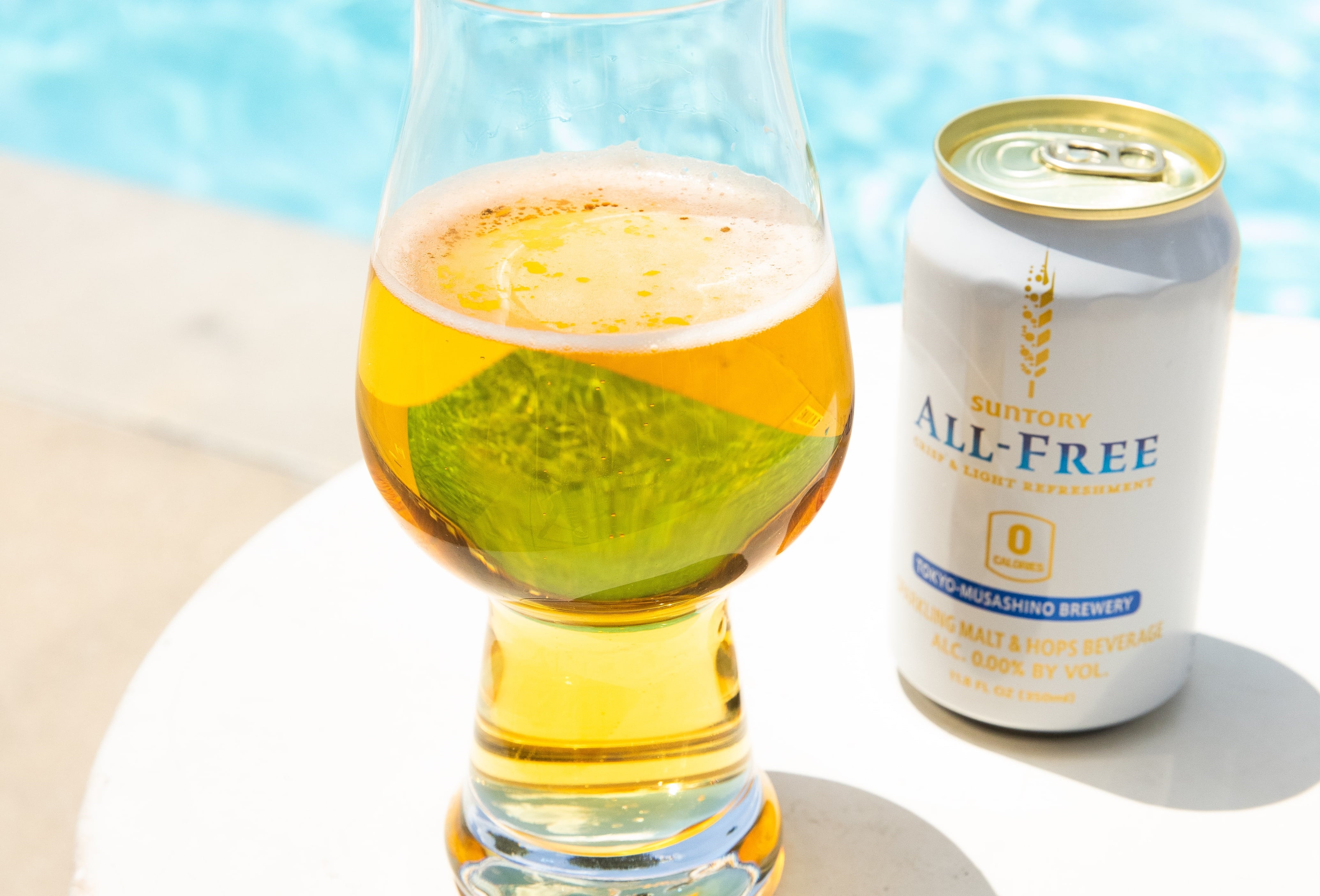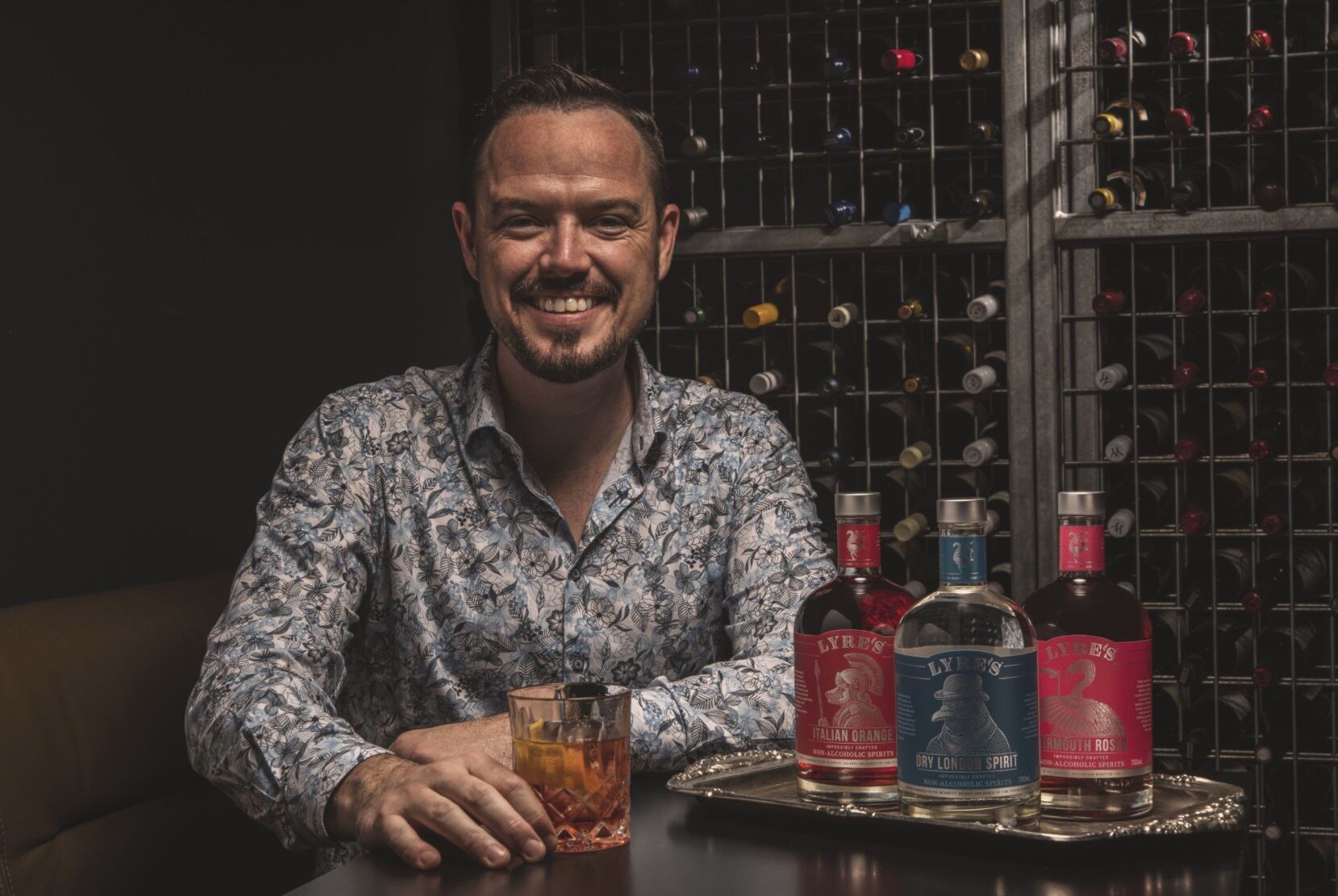The drinks industry has taken a hit over the last two years. Manufacturers and operators have had to adapt due to the pandemic and the rising costs of raw materials, supply chains, and energy. In addition, consumers look for sustainability, smart drinking, low or non-alcoholic products, and healthier ingredients.
The impact of the current squeeze on consumer spending has been mitigated by those who have not spent during the pandemic and are now looking at spending more on experiences they’ve missed out on. For example, some missed out on their first drinking experiences due to the lockdown.
Premiumisation is seeing considerable growth, with consumers stating that premium products taste better and smoother, and the quality of ingredients is higher. In addition, some consumers believe premium alcohol brands are purer and thus help avoid bad hangovers. Behavioural science-based research shows an inherent perception that promoting a product as high quality means it will have a better taste.
Richard Shotton, the author of ‘The Choice Factory’, stated at the Innovate 2.0 Virtual Conference (March 2022) that “there is a huge body of work that suggests that what we experience in terms of taste and things is what we expect to experience. So if you set people’s expectations positively, they will interpret the same taste better than if you have no pre-setting of their expectations.”
What does this mean for companies?
There’s room for innovation, but taste remains important when deciding whether a product is premium. Investing in branding without considering better-tasting ingredients and formulas doesn’t guarantee success.
The era of the value-conscious consumer, driven by the cost of living crisis, means they are looking for value for money when purchasing alcohol. Forty-nine per cent of those responding to Vypr’s nationally representative research among a sample of 5,000 British adults stated that they looked at price in terms of value, offers and size when choosing what alcoholic brand to buy. Only 8% that they would look at low-calorie or carbohydrate versions.
Quality over quantity
So, if the cost of living impacts every household, why is premiumisation rising?
First, families are cutting back on other items in their shopping baskets. Only 37% of consumers stated that they would cut back on alcohol purchases compared with 57% reducing their spending on eating out or ordering takeaways - reinforcing that alcohol in the home hasn’t been as affected.
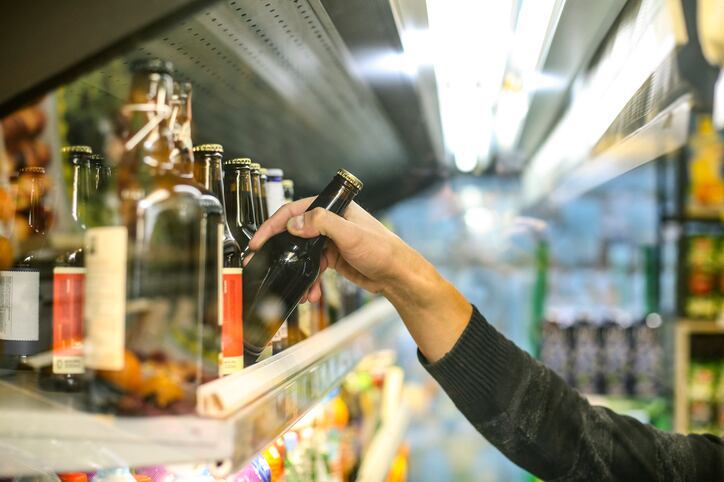
While consumers are cutting back on daily purchases, they aren’t necessarily looking at cheaper options for alcohol overall. Instead, 46 % of consumers were buying more premium products, highlighting that while other areas of food and drink are switching to lower-cost and value brands, premium alcohol is managing to weather the storm a little better.
Behaviour does change, and deeper impacts of the cost of living, due to significant energy price rises, may see consumers begin to switch to other brands, such as discount retailers' brands at a lower price point.
The health-conscious consumer
The ‘NoLo’ market has been growing significantly beyond the beer sector with new products launched in the wines, spirits and mixed drinks sectors.
54% of consumers have bought alcohol-free versions of alcoholic drink brands, with health, both physical and mental, being a driving force for adoption by consumers. Along with the apparent health benefits, 38% of consumers choose alcohol-free versions for the taste.
As a result, brands will need to continue investing in this sector as they continue to develop NoLo versions of their mainline products.
Green brands and products
Although consumers are focused on the cost of living, they are interested in the background and sustainability of brands. A small change from ‘Premium Recipe’ to ‘Responsibly Sourced’ saw an increase in purchasing intent from 78% to 91 %. However, 'tick box' sustainability is seen as negative.
What’s next?
Along with the sustainability angle, many consumers pointed out that they’d be more likely to favour a brand with an authentic story and ethical values. Clear brand values and presentation can give the consumer confidence that the product is a good one, even if not marked as premium. This view can be seen in the uptake of craft beers from smaller producers, as these brands tend to have more character and backstory.

Innovation and consumer-driven evidence will be the pillars of driving success and product development.
Agile innovation and NPD methodologies that increase customer testing and validation will create the pathway for the beverage industry.
In addition, real-time insights will become ever more important as behaviours frequently change as external pressures such as the cost of living, climate change and legislation around food and drink continue.
Vypr compiled research quoted through a nationally representative sample of 5,000 from its panel of 65,000 consumers. More information here: https://vyprclients.com/the-future-of-the-alcoholic-drinks-industry-2/

